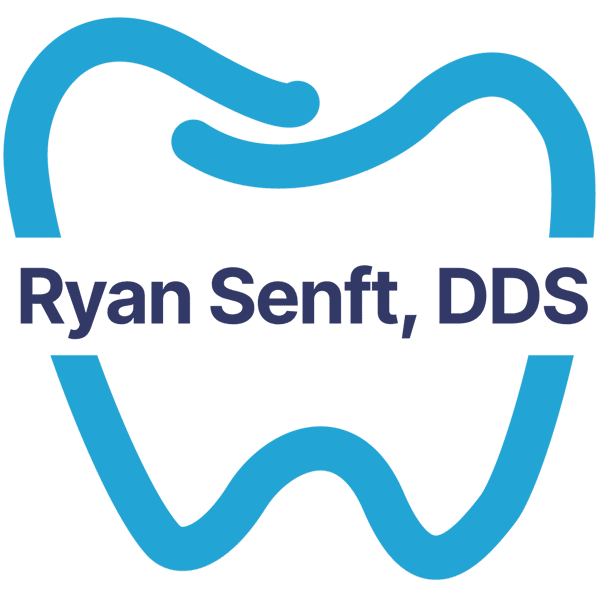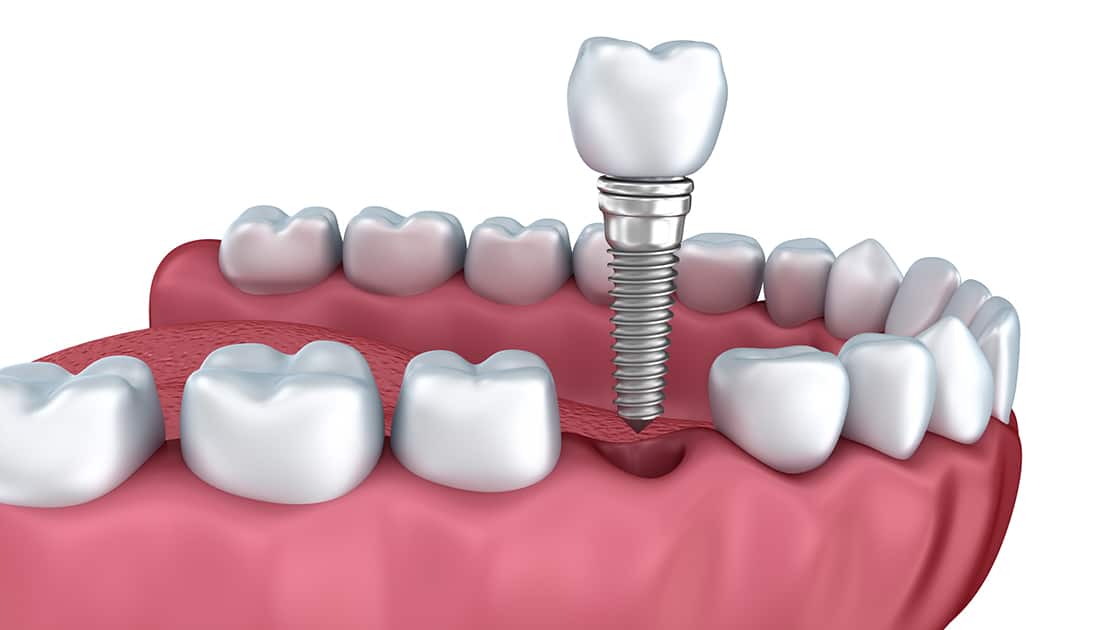
Below is a list of the oral surgery procedures we are able to provide for our patients. If you have questions about any of our treatment options, please give our staff a call to schedule an appointment so we review your specific treatment options in more detail.
Gentle Extractions
If a tooth can not be saved using restorative materials such as fillings or crowns, it may need to be removed to prevent infection, maintain oral health, or before dental implant placement. During the procedure, the tooth is then gently loosened and removed, while our team ensures that you are comfortable and at ease.
Bone Grafting
Bone grafting is the replacement or enhancement of bone around teeth. When a tooth is lost, the surrounding bone collapses. Bone grafting is performed to reverse bone loss or enhance bone. Most typically in our office, synthetic bone material is used. Bone grafting allows for the proper support of dental implants or prostheses.
Dental Implants
Dental implants are the replacement of tooth roots in the mouth. Implants provide a strong foundation for fixed or removable replacement teeth. Dental implants are small anchors made of a biocompatible metal called titanium, which are placed in the jawbone. The anchors begin to fuse with the bone over a few months. After the fusing process, known as osseointegration, abutment posts are inserted into the anchors to allow for the permanent attachment of the replacement teeth.
Frequently Asked Questions About Oral Surgery
Is oral surgery painful?
No. Local anesthetics will be used so that you will not feel any pain or discomfort during the procedure. And, depending on the situation, other methods of sedation may be used to provide you with a comfortable experience. Once this wears off, however, you may find yourself dealing with some minor discomfort. Over-the-counter pain medication works well to provide you with relief.
How long does it take to heal from oral surgery?
Healing time for oral surgery procedures will vary based on the type of surgery. Plan on resting for at least the two days following your procedure and keep physical activity to a minimum during this time, too. It is important to remain cognizant of the fact that even when you begin to feel better, your surgical site is likely still healing.
Depending on the oral surgery you have, you will be provided a list of specific aftercare instructions and things to do to ensure quick and healthy healing.
Is oral surgery considered major surgery?
It depends. Much like how things are in the medical field, oral surgery can involve both minor, routine surgeries as well as major surgeries that are more complex and labor-intensive.
Is an oral surgeon considered a dentist?
Yes, absolutely. An oral surgeon is a dentist that specializes in oral surgery.
Does dental insurance cover oral surgery?
Your oral surgery may or may not be covered by your dental insurance as it will depend on your particular policy. That being said, most will cover a percentage of the procedure.
It is best to come in for an evaluation and have a treatment plan developed. From there, we can contact your insurance company to find out what is covered.



